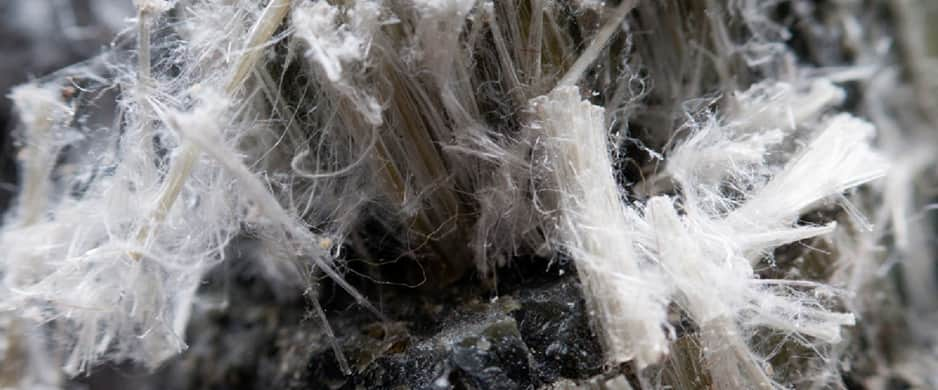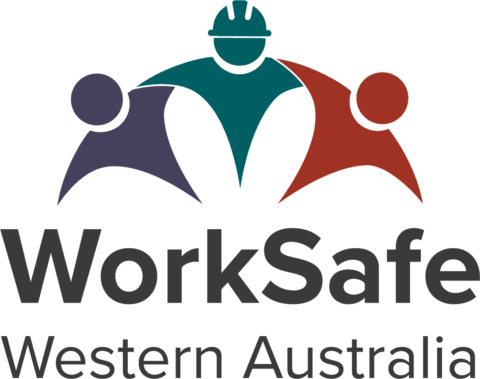Asbestos continues to be a hazard in Australia, despite the ban on new uses in 2003. This is because products containing asbestos still exist in our everyday built environment.

WorkSafe has resources to assist with identification, removal and management of asbestos in workplaces, including codes of practice which detail the legal requirements of persons conducting a business or undertaking (PCBUs) and others in the workplace.
Asbestos management
For buildings constructed before 31 December 2003, PCBUs must conduct asbestos surveys. If found, an asbestos register and an asbestos management plan must be created and the register reviewed every five years or sooner. If uncertain, the material should be presumed to contain asbestos and treated as if it is asbestos.
Information for tradespersons
Workers may be unknowingly exposed to asbestos or may not know what to do if they come across it. WorkSafe’s Asbestos safety for trades and construction workers can assist with raising awareness.
Asbestos removal licences
Removal of 10m² or more of bonded material (e.g. flat sheet cladding, fencing) may be removed by a Class B or a Class A licence holder for friable material. Check WorkSafe’s register for licensed contractors. All licensed asbestos removal must be reported to WorkSafe before the work commences.
Clearances
Removal of asbestos of more than 10m² requires authorisation that the area is clear of asbestos before others occupy or work in the area. For Class B work, the removal must be undertaken by a person who is suitably trained and experienced and is independent of the PCBU. Clearances after the removal of friable asbestos materials must be completed by a licensed asbestos assessor as it requires a visual inspection and air monitoring.
Importing products and equipment
It is the importer’s responsibility to ensure products and equipment do not contain asbestos. Australian Border Force could seize items if they are suspected of containing asbestos.

